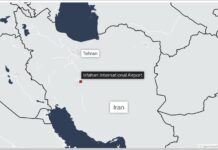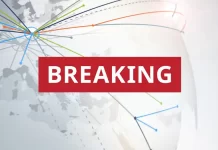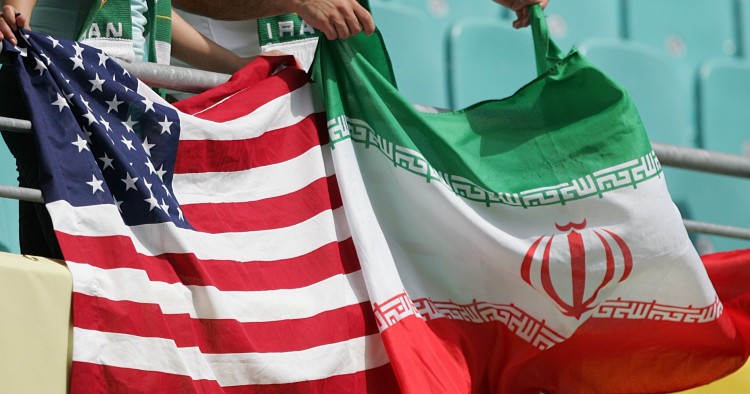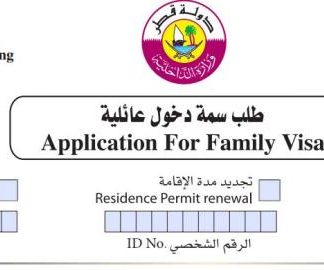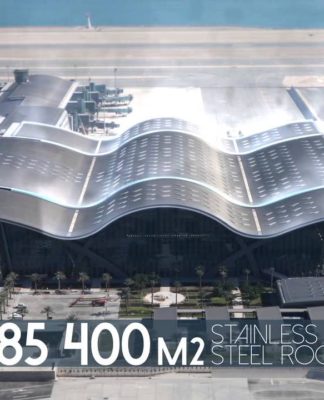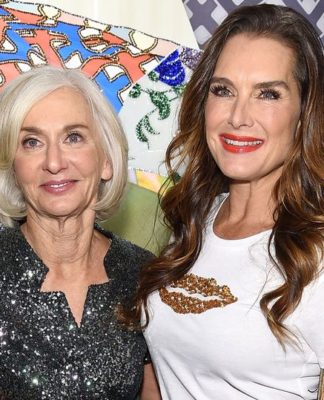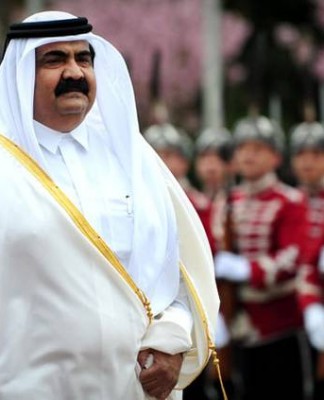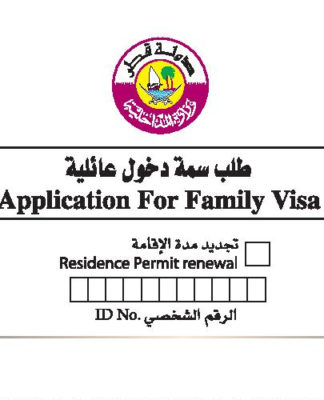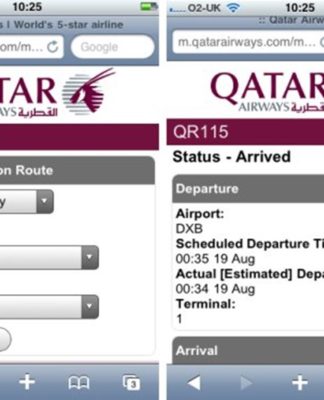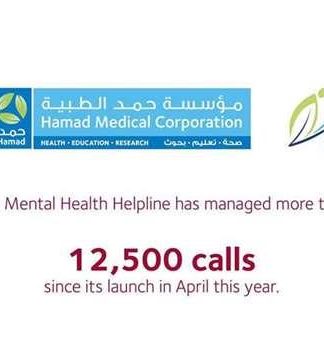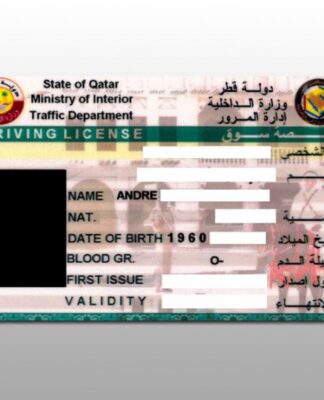On numerous occasions, I have spoken and written about the history of relations between Iran and the United States of America. I was asked by the Iran Program at the Middle East Institute to elaborate on ties between the two countries before the Iranian Revolution of 1979 — to recall the mutual benefits that both countries enjoyed and envision how to start a new chapter of hope and reconciliation. It is indeed time to end the 41 years of futile hostilities.
I want to start by saying that in the first decades of our relations, which go back some 163 years ago, the Americans did plenty to help my beloved country, Iran. We can never forget the services of people like Howard Baskerville, Morgan Shuster, Arthur Millspaugh, Arthur Upham Pope, and Richard Frye, and what they did for Iran’s territorial integrity, political stability, economic progress, the provision of health and education, or simply introducing the ancient Iranian civilization to the public in the West. This is not undue adulation but rather acceptance of the historical reality. Nor can we, as Iranians, forget the courageous help of President Harry Truman in the Azerbaijan crisis of 1946, when Washington stood with Iran against Soviet aggression, or President Richard Nixon’s doctrine of unconditionally supporting Iran’s efforts to establish peace and security in the Persian Gulf and eventually the entire Middle East.
Thousands of Iranian youth and many of the leaders of our society had their higher education at American universities. I was one of the first ones and had four of the best years of my life at Utah State University. The warm reception, hospitality, and care of the university authorities like President Franklin Harris made me feel at home. As with other compatriots, I had the pleasure of meeting many Americans, all friendly and kind to Iranian students. Through such people-to-people exchanges, the American people too began to discover the richness of Iran’s history, the wealth of our culture, and our contributions to human civilization.
A growing partnership
In 1960, I returned to America as ambassador, when President Dwight Eisenhower was in the White House. I got to know politicians and personalities from both the Republican and Democratic parties and became friends with many of them. The second time I returned to Washington as ambassador, from 1973 to 1979, I already had considerable experience and many acquaintances and friends in the United States. The relations between the two countries continued to develop and we became inseparable partners in many fields. Our economic and cultural relations boomed and our mutual efforts for peace prospered. The volume of our trade multiplied and we generously invested in each other’s countries. Tens of thousands of Iranians were living in the U.S., while more than 50,000 Americans were living and working in Iran.
The United States continued to provide us with technology and know-how in areas like health, education, telecommunications, defense, and cybernetics. We helped America, through our collaboration for peace and security in the region, in reconciling the United States and Pakistan, or in President Nixon’s rapprochement with China. We both needed each other’s help for peace and progress and our relations were based on mutual trust and constructive cooperation.
Iran actively contributed to American projects and the free world through regional organizations such as the Central Treaty Organization (CENTO) and Regional Cooperation for Development (RCD), and it supported movements to curb communism in the region. We guaranteed the security of oil traffic through the Strait of Hormuz that was so vital to the West.
Then came the Iranian Revolution, which led to a period of mutual suspicion. The real intentions of the revolutionaries and the role of American envoys to Neauphle-le-Chateau and Ayatollah Ruhollah Khomeini’s entourage remained obscure. Lack of transparency and understanding or even experience soon led to hostilities that in my view were not inevitable. The mistake of Khomeini in supporting the unfortunate episode of hostage-taking at the American Embassy is something the Americans have found difficult to forget or forgive. Iranians too still remember examples of American arrogance, interference in our domestic affairs, and indifference to our religious and social values.
We need a new approach
To save the world from the present chaotic and perilous situation, we need a new approach to diplomacy and international relations, an approach that is based upon sincerity, mutual respect, and people-to-people contact. I have said it again and again — the age of colonialism and gunboat diplomacy is over. There is no diplomatic problem that human contact, dialogue, and goodwill cannot solve, and I speak here from decades of experience in the field.
When the first international hostage crisis unfolded in Washington, D.C. in March 1977 — during the so-called “Hanafi siege” — when the B’nai B’rith Jewish cultural center was occupied by terrorists, I immediately volunteered to help and proposed to enter into direct dialogue with the hostage-takers. It was a great risk to my life, but after three days and nights of talking and reasoning, the radicals calmed down, listened to the voice of our hearts, and the hostages were released. 183 innocent lives were saved and Washington started to breathe again. Of the people saved, 149 were Jewish Americans, and the rest came from various backgrounds. All that mattered was that we saved every single hostage regardless of race, religion, or anything else.
The 2015 U.S.-Iran nuclear agreement, even though the Trump administration opted to leave it, still showed that diplomacy can triumph. People-to-people contact and a willingness to resolve differences in the interest of peace must take priority. There is no reason for Iran and the United States not to return to the good old days and seek to leave a better world behind for the sake of all our children — not a world of division and mistrust, but one of affection and understanding.
Iran and America still need each other
As all of these examples show, Iran and America needed and still need each other, and it is in their interest to pursue a new and constructive approach in their relations. The people of the two countries like each other and sincerely want this to happen. It is the governments that need to be ready to make sacrifices, to show goodwill, remove artificial barriers, and prove their sincerity and desire to reconcile in the interest of peace, prosperity, and progress, for the benefit of both current and future generations.
If there have been mistakes, and I believe there were many and from both sides, let us remember these words of wisdom in an Iranian proverb that could also be traced in all great religions of the world: “Nothing is so easy as revenge, and nothing is so grand as forgiveness.”
God bless the noble people of both Iran and the United States of America.
Ardeshir Zahedi is a former Iranian senior diplomat who served as the country’s foreign minister (1966-1971). Zahedi also served as ambassador to the United States from 1960 to 1962 and again from 1973 to 1979. He was also Iran’s ambassador to the United Kingdom from 1962 to 1966. He lives in Switzerland. The views expressed in this piece are his own.
Photo by EMPICS Sport – PA Images via Getty Images





